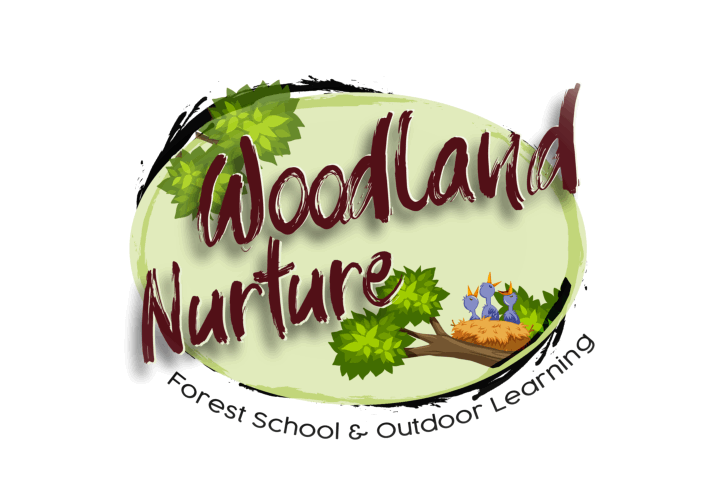As part of our holistic and child led approach to learning, we are committed to a relational approach to understanding the needs and behaviours of our young people.
Our Pledge:
To foster a relational, curiosity approach to create connections in order to build a community where all participants feel heard, safe and valued and are able to develop at their own pace.
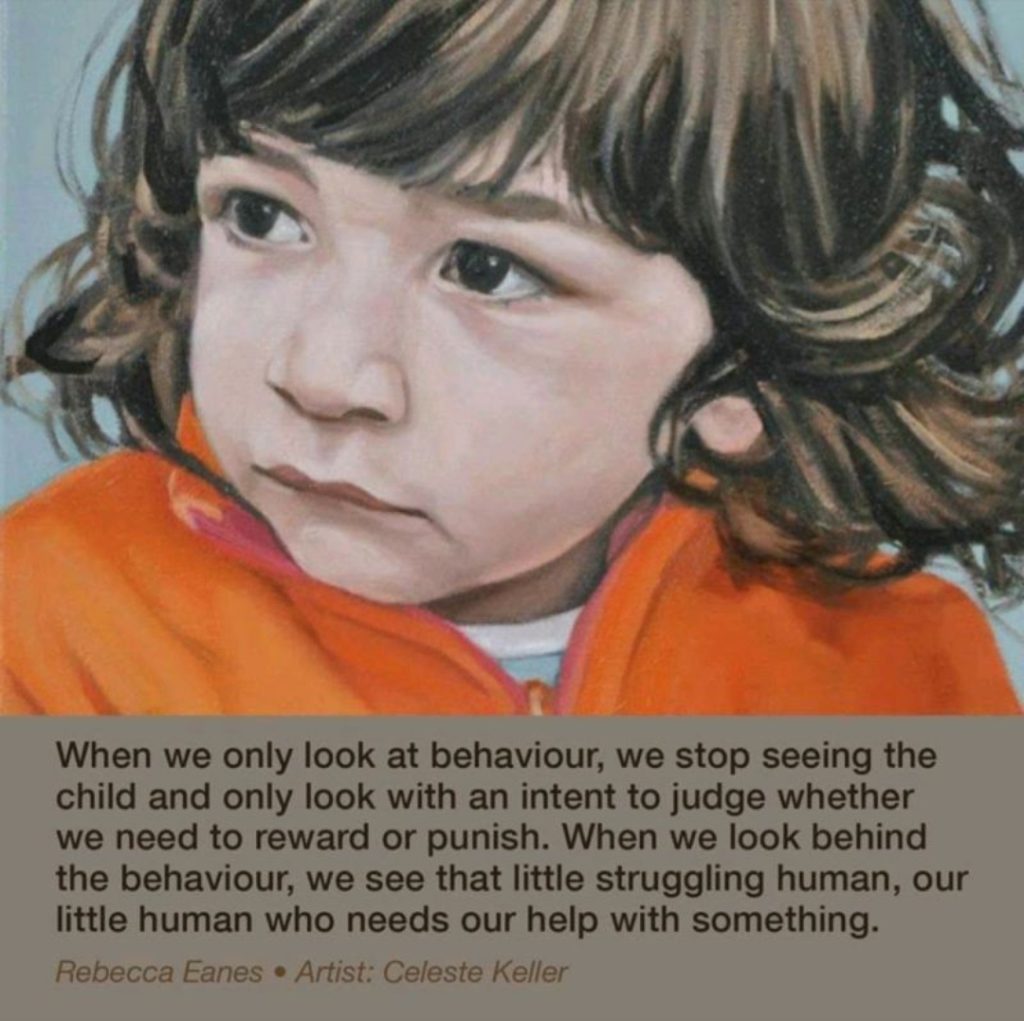
Context of our setting:
Allowing all of our community to feel a sense of belonging and connection is at the heart of everything we do at Woodland Nurture.
We are a very diverse group with people of different ages, ethnic backgrounds, genders, gender identities, neurodiversities, religions, beliefs and life experiences all coming together to join as one community within the woods.
As an outdoor child-centred setting that values play, we aim not to be intrusive in children’s play or to direct it in ways which limit their creativity or development. We believe that children can incorporate elements of risk into their play and in many cases, need an element of risk to develop.
Our Goal:
To develop a community of caring, respectful, confident, self-aware, valued and well-balanced individuals working together to learn and have fun whilst keeping our code:
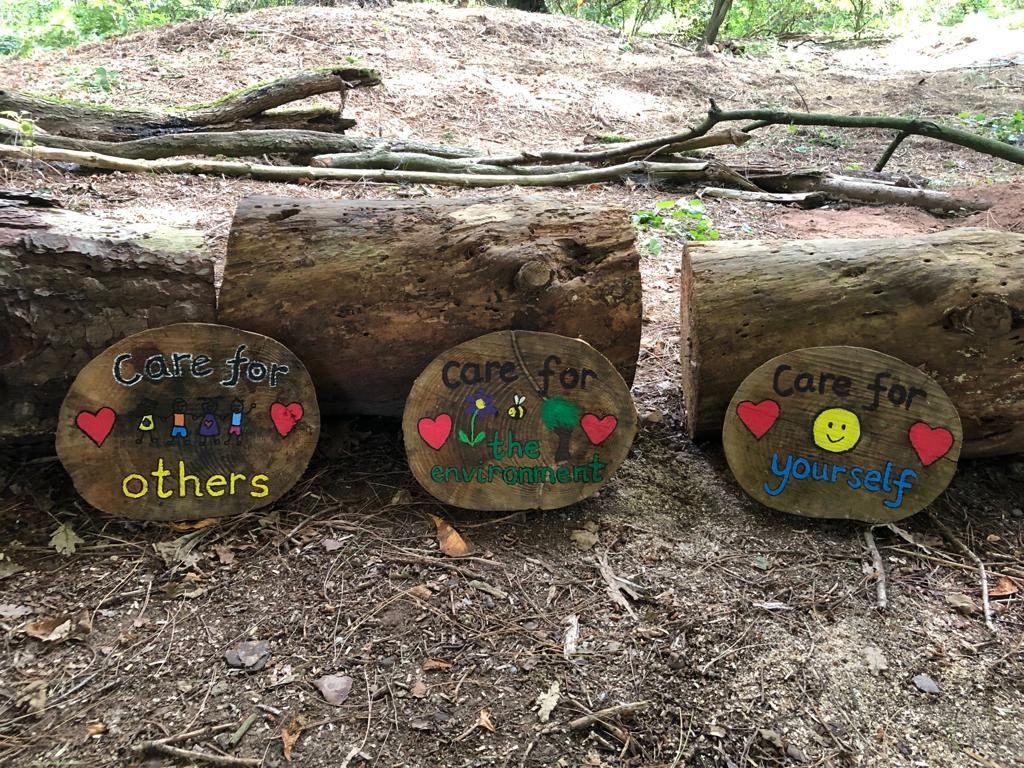
Our Core Principles that ensure this goal:
- Everything we do is focused on building, maintaining and repairing relationships.
- We acknowledge that behaviour is a form of communication informing us of an unmet need.
- We are proud to have adopted a curious approach to understanding the needs and feelings of the children in our care.
- We know that our relational, trauma-informed approach supports the children in a positive and safe way.
- We work hard to build relationships with the child and their family. By knowing the context of the child, we can better understand their behaviours.
- We empower all our staff and children in an autonomous environment where we support and validate each other.
- Our clear policies eliminate bias and barriers, with the aim of creating a safe inclusive space, where everyone can thrive.
- We believe that children learn best when they are intrinsically motivated.
- We acknowledge children need to learn how to negotiate, compromise and collaborate and how to get on with a wide range of people.
- We acknowledge the role of Maslow’s hierarchical needs theory.
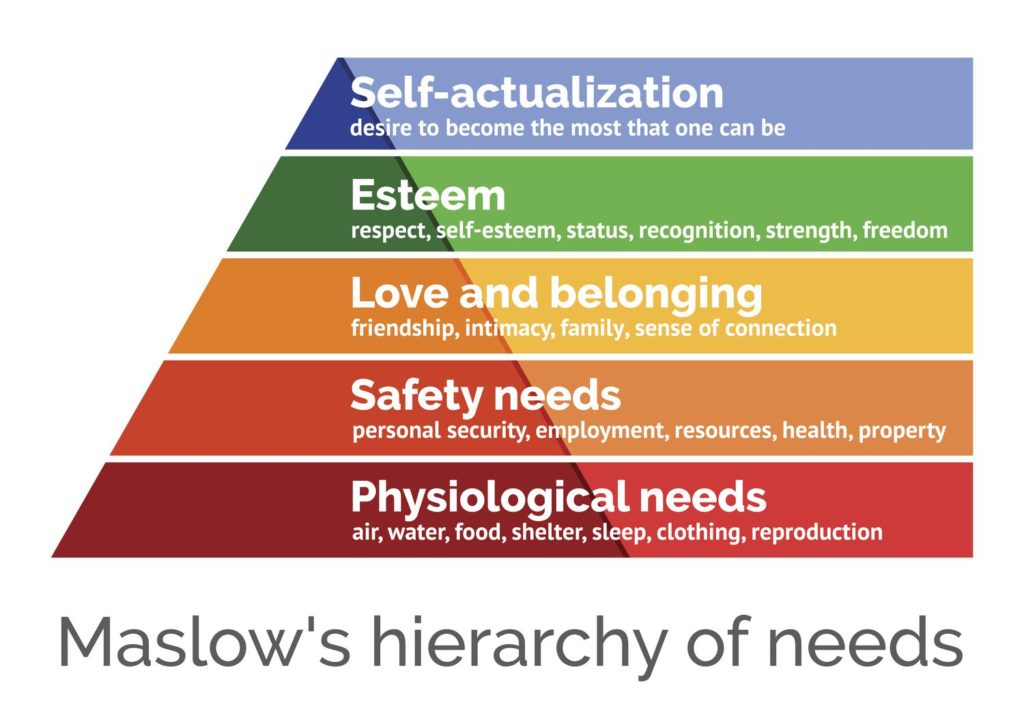
Procedures and Strategies:
Our code underpins how we want our community to be and is discussed regularly; especially when we have new participants or when unwanted behaviour is witnessed.
All staff, volunteers and students model our code at all times.
New staff and volunteers and parents/carers are familiarised with our code and relational approach to behaviour as part of their induction.
As a staff we function as a team with joint responsibility for the learners in our care. We openly discuss incidents and act collectively and consistently.
We treat all incidents as learning opportunities in which we compassionately support our learners so that they can recognise why their behaviour was unacceptable and ways they could modify it.
We implement a range of strategies to support and manage our approach:
We recognise that affirmation of positive behaviour will encourage that child to repeat the behaviour as well as giving other children something to aim for. All participants are actively encouraged to notice and comment on examples of positive behaviour which is praised at the time of occurrence and/or at circle times.
Positive Affirmation:
By being Playful we reduce the shame the child might feel. Difficult messages are much easier to convey when the tone is light.
By being Accepting we show children that we support them unconditionally – that we care about them regardless of their behaviour.
By being Curious we show our interest in understanding their behaviour and that we accept the feelings involved. This is not the same as agreeing to their perception.
By showing Empathy, we are helping the child to feel safe and understood. We are showing them that we are alongside them in their difficulty.
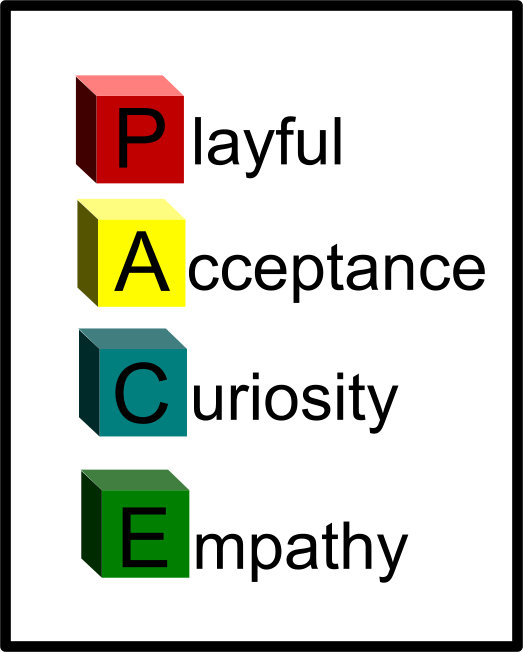
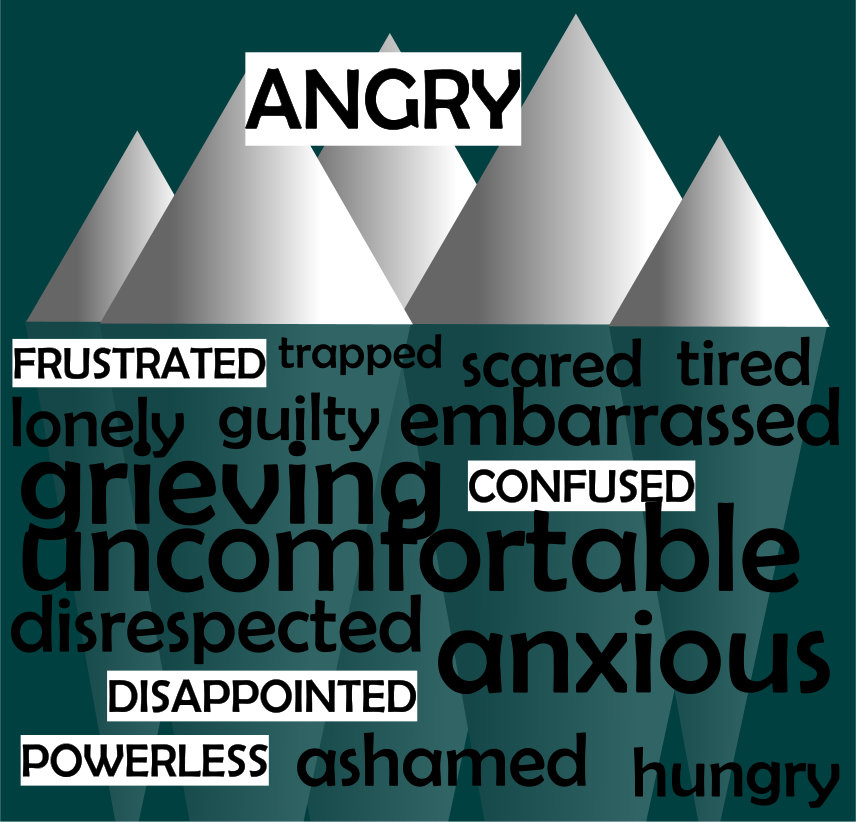
Anger Iceberg
When a child is heightened they often present as angry.
We acknowledge that anger is a form of self-protection.
When we present as angry, there are many more valid emotions playing out underneath the surface.
Recognising the root cause of anger can allow us to process those emotions and work through them in a healthy, productive way.
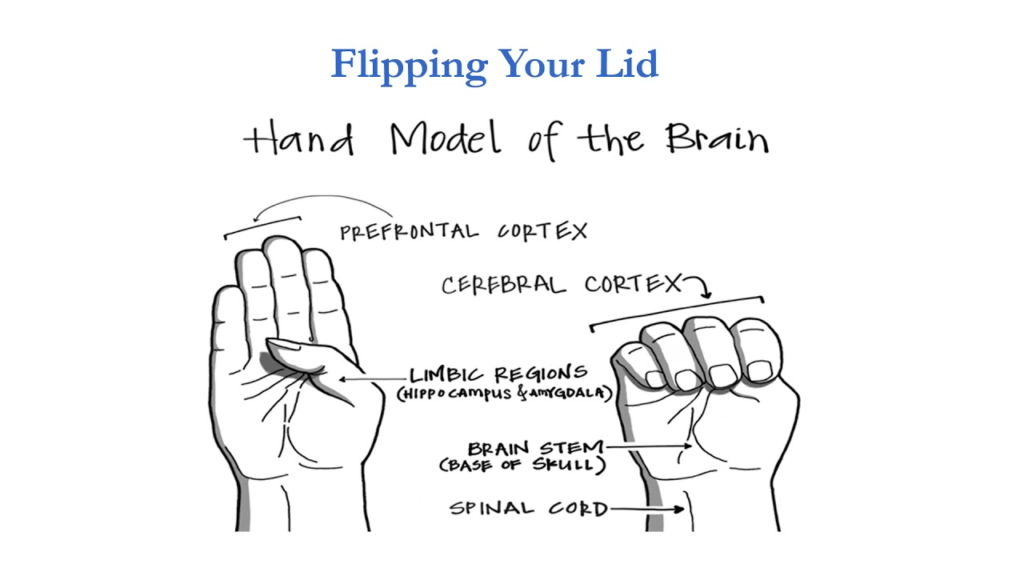
Executive Functioning:
When a person feels unsafe/threatened/powerless their thinking brain disconnects and they “Flip their lid.”
This means they are left with only their basic limbic and brain stem connected, sending them into fight, flight, freeze or fawn mode.
Human brains are not fully formed until they are in their mid-20s. To expect a child to know how to control their brains without support is unreasonable.
It is our job as educators to co-regulate and support. To teach children how to keep themselves and others safe until their thinking brain reconnects.
We do not punish a child for their behaviour errors, we support them and help them to do better next time.
Shame and Guilt:
We acknowledge the difference between Shame and Guilt and try to eliminate feelings of shame, instead teaching children how to take ownership of their guilt and learn from their mistakes.
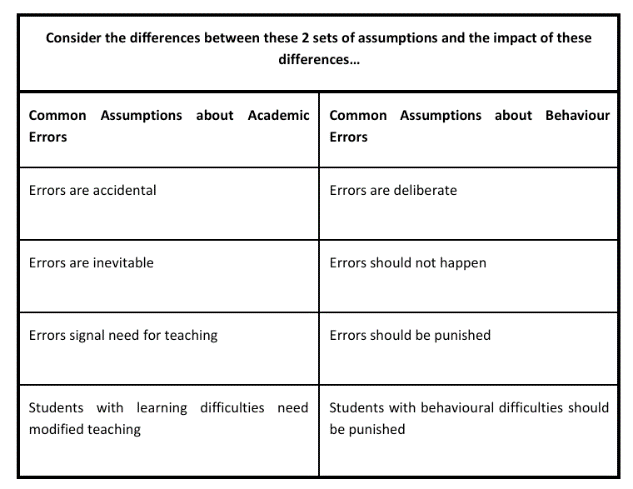
Responding in the Moment
Responding in the moment is a model devised by Notts Educational Psychology Department (2020) and adopted by Woodland Nurture in 2024 to support our staff in the way we support our children. Responding in the moment incorporates PACE, Emotion Coaching and Restorative Practise. By following these steps when we are faced with strong emotions and challenging behaviour we are able to remain in our thinking brain and therefore be the best support for the child when their thinking brain in inactive.

